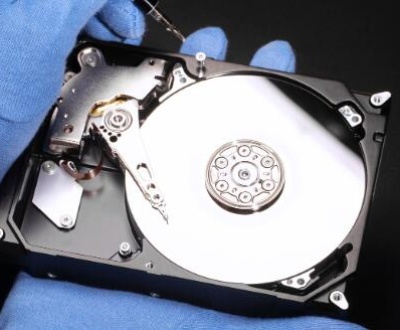Microsoft Word is a powerful word processing tool that allows users to track changes, add comments, and collaborate efficiently. However, when finalizing a document, it is essential to remove or hide these markups before saving the final version.
Markup in Word
Markup refers to the edits, comments, and tracked changes within a Word document. This feature is useful for collaboration but can become an issue when sharing a finalized document. Markups include:
Tracked changes (insertions, deletions, and formatting changes)

Comments from reviewers
Ink annotations (if applicable)
To ensure the document is saved without markup, it is crucial to either accept/reject changes or adjust the display settings before saving.
Step-by-Step Guide to Removing Markup
Method 1: Accept or Reject All Changes
Open the Document Launch Microsoft Word and open the file that contains tracked changes or comments.
Go to the Review Tab Click on the “Review” tab in the toolbar at the top of the screen.
View Tracked Changes Under the “Tracking” group, select “All Markup” to see the edits and comments.
Accept or Reject Changes
Click “Next” under the “Changes” section.
Choose “Accept” or “Reject” for each change individually, or click “Accept All Changes” to finalize the document.
Delete Comments
Click on any comment and select “Delete.”
To remove all comments at once, click the dropdown under “Delete” and select “Delete All Comments in Document.”
Confirm the Clean Document
Switch to “No Markup” view under the “Tracking” group to ensure all changes have been addressed.
Save the Document
Click “File” > “Save As” and choose a location to save the clean version.
Method 2: Adjust the Display View Before Saving
If you do not wish to delete the tracked changes permanently but want to hide them from view:
Open the document and navigate to the “Review” tab.
Under the “Tracking” group, click the dropdown menu for “Display for Review.”
Select “No Markup.”
Save the document using “File” > “Save As.”
Note that the tracked changes are still present but hidden when the document is opened in “No Markup” view.
Method 3: Save as a PDF to Remove Markup Permanently
If you prefer to distribute the document without any possibility of revealing markup:
Click on “File” > “Save As.”
Choose “PDF” from the file format dropdown menu.
Ensure that the document is displayed in “No Markup” view before saving.
Click “Save” to generate a clean PDF version without markup.
Troubleshooting and Common Issues
Changes Reappear After Reopening: Ensure you have accepted or rejected all changes before saving.
Comments Not Deleted: Check the “Review” tab and confirm that all comments have been removed.
Word Still Displays Markup: Change the display settings to “No Markup” before saving.
Collaborator Markups Persist: Ensure that all users have accepted/rejected changes before finalizing the document.
Best Practices for Managing Markup
Regularly review and accept/reject changes to prevent excessive markup buildup.
Before sharing a document, use the “Inspect Document” feature under “File” > “Check for Issues” to ensure it is clean.
Save a separate copy of the document before removing markup to maintain an editable version if needed.
Use “Restrict Editing” under the “Review” tab to prevent further changes from being made once finalized.
About us and this blog
Panda Assistant is built on the latest data recovery algorithms, ensuring that no file is too damaged, too lost, or too corrupted to be recovered.
Request a free quote
We believe that data recovery shouldn’t be a daunting task. That’s why we’ve designed Panda Assistant to be as easy to use as it is powerful. With a few clicks, you can initiate a scan, preview recoverable files, and restore your data all within a matter of minutes.
Subscribe to our newsletter!
More from our blog
See all postsRecent Posts
- Data recovery salt lake city utah 2025-04-18
- Data recovery sacramento 2025-04-18
- Data recovery miami 2025-04-18

 Try lt Free
Try lt Free Recovery success rate of up to
Recovery success rate of up to









